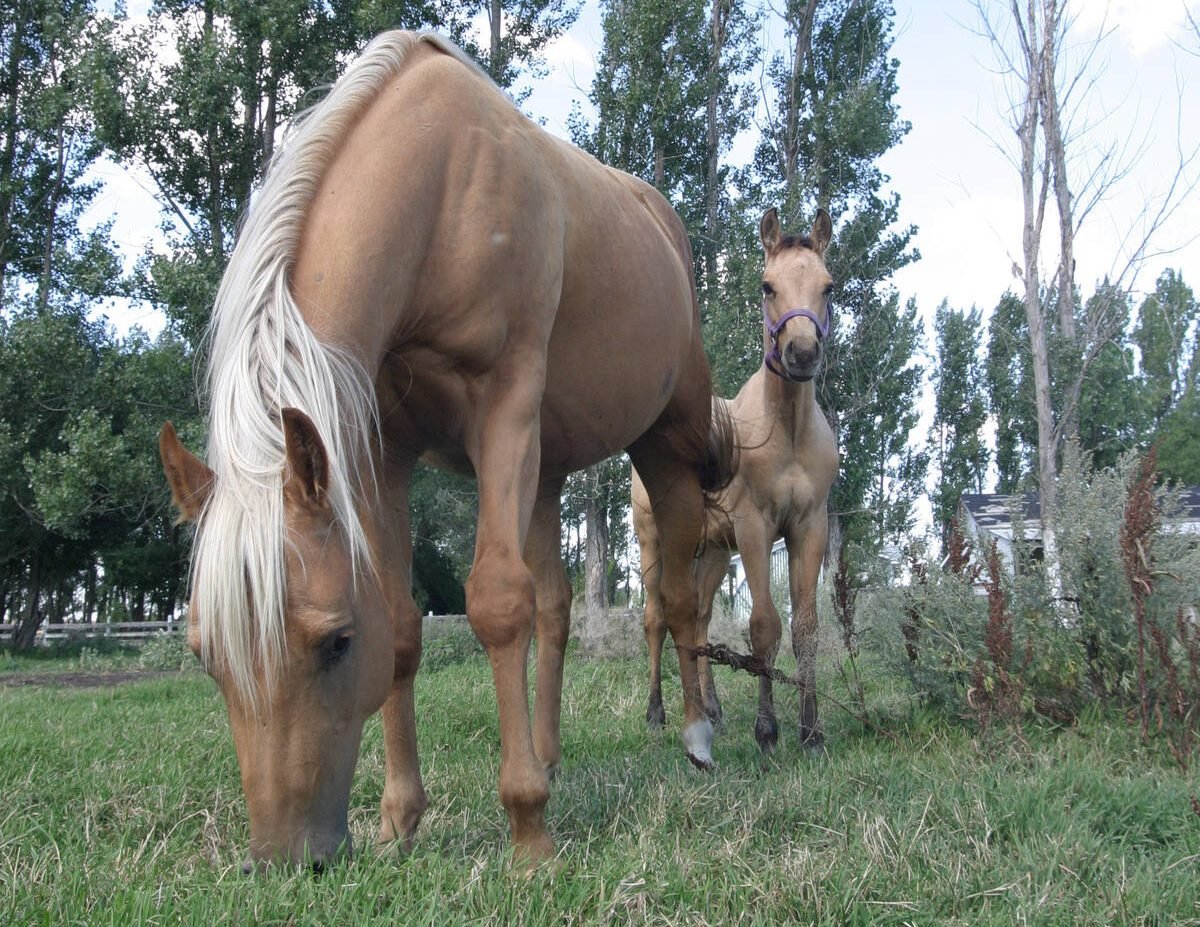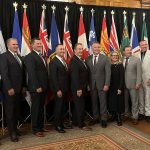Golly! So much for Canada being dull and boring. We’ve got ourselves real, live riots going on in Toronto. That should spruce up Toronto’s international image, which is presently that of excruciating niceness and mealy-mouthiness.
From the footage I’ve seen, it seems the proletarian masses have finally risen against the brutal autocracy of the Tsar and are heroically putting themselves in the way of the Imperial Guard’s crackdown.

Soon they’ll break into the bread warehouse, the troops will join the masses, and we’ll be able to take a Great Leap Forward.
Hmmmmmm. I seem to be accidentally splicing together mental images of the Russian Revolution, Chairman Mao’s China and the G20 riots in Toronto. Oh well, I guess they’re similar, except 1) We live in democracy where everyone’s free to peacefully protest 24/7; 2) We have civil liberties coming out the ying-yang; 3) We tend to be oppressed by too much – not too little -food; 4) Our revolutionaries are globe-trotting protest tourists who don’t seem to have any discernable point.
However, apart from those minor differences, I suppose there’s some sort of similarity. Or not.
But, on a more serious note, what’s most interesting in the present situation – and applicable to the agriculture markets – is the way that these window-smashings and cop car burnings and general acts of hooliganism are getting all the headlines and obscuring deeper and crucial issues that will truly dominate our lives for years to come.
Read Also

Growth plates are instrumental in shaping a horse’s life
Young horse training plans and workloads must match their skeletal development. Failing to plan around growth plates can create lifelong physical problems.
Inside the meetings of the G8 and now the G20 the world’s important leaders have been thrashing through attempts at seeing eye-to-eye on a host of critical issues, and on the prime economic question they are miles apart: is this a time to spend like a sinner, or save like a Scrooge? (Isn’t that a Canadian Tire ad?)
The U.S. of Barack Obama is terrified of a relapse into recession and wants to spend spend spend its way out of danger. The formerly-profligate Europeans of the Mediterranean and the United Kingdom are desperately attempting to avoid bankruptcy, while they still might have a chance, by slashing spending and raising taxes. The cash and work-ethic-rich Germans, who tend to be forced to foot everyone else’s bill, support the latter approach.
The Asians look on anxious and bemused, as the world’s former leading nations grow more and more like Mr. Dithers, not quite sure what to do in the present circumstances. Hopefully the Asians have more of a clue than we.
Ag commodities come into this because crop and meat prices rely on continuing consumer demand, and here in Canada we sell most of our stuff abroad, so we need non-sinking world markets. Notice I didn’t say “buoyant” there. That’s because ag commodities don’t require good economic times around the world in order to rise in price. Just look at the 1970s – a time of economic malaise and decline in both the capitalist west and the communist east – and the best time ever for ag commodities. As long as the world’s economy limps along, it’ll keep eating, and often problems elsewhere lead to a decline in the ability of other places to keep producing crops and livestock (no credit – no farming), so we can reap the rewards.
In this light it’s rather alarming that the U.S. and Europe are taking opposite tacks to dealing with the economic and financial situation. Any U.S. attempt to stimulate worldwide demand recovery through government spending will be kneecapped by European spending-slashing, and any Euro attempt to prevent a debt-fearful financial panic will be hamstrung by wild American deficit spending. The difference in approach makes sense on a country-by-country basis, because the U.S. – having the world’s reserve currency – can go on spending for a lot longer than the Europeans – who could have the rug pulled out from them at any time. But that makes it none the less alarming for people around the world who see the world’s leading nations having apparently no clue how to get out of this economic slump.
The same air of impotence gripped the world’s leading nations in the 1970s – I remember that as a kid – but we limped our way through it and – apart from the bad hair, terrible polyester fashions and blight of “soft rock” music – survived, wheat growers and oil producers on the prairies making a fortune in the meantime. So that’s the potential upside of the economic and political malaise for us here in the commodity-heavy prairies.
The downside is that we could slide deep down into a depression – regardless of all that “recovery” talk – and all end up as clueless and broke as the world’s leaders. Because England plays Germany in the World Cup in a few hours, I’m not allowing myself to think such dark thoughts any longer.
Right now we’re caught in the tempest of the annual northern hemisphere weather market, with dryness in Kazakhstan, problems in China, saturation on the prairies and in the U.S. Midwest shoving prices around day-to-day. That takes our eyes off the long term question of whether we’ve moved into a substantially higher permanent range of crop prices. As the weather runs wild in the streets, it’s hard to think of long-term things like that.
And as the black masks run wild in the streets in Toronto, the world’s leaders inside the meeting halls must be glad that something is distracting our eyes from the fact that none of them have a clue what can be done to fix the worldwide economic and financial problems that we’re counting on them to fix.















